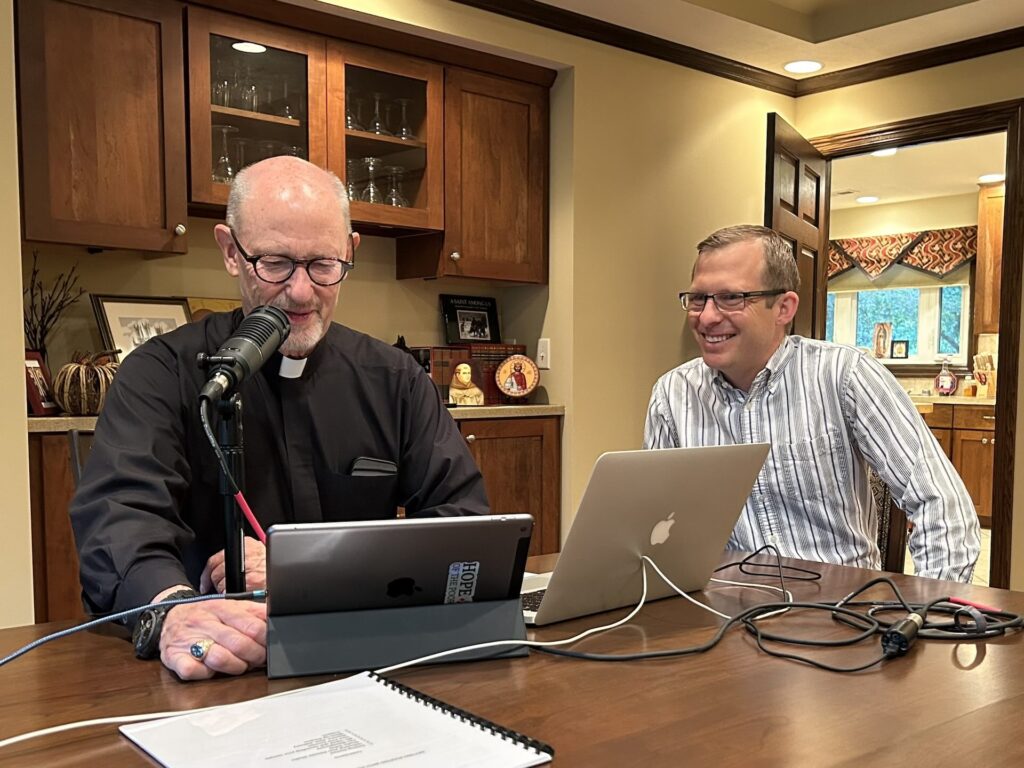There is no shortage of studies and statistics showing how distracted the contemporary world is.
Bedazzled by the glowing screens around us, we struggle to maintain our focus and to devote uninterrupted attention where it is most needed.
Apart from our human relationships, especially with those closest to us, attention is also required by our work.
What we lose in attention we also lose in productivity and quality.
We have already seen that acedia can manifest itself in distraction.
In addition, there is a closely related vice that comes into play here, and we are apt to overlook it because its name sounds so innocent, even praiseworthy: curiosity.
We tend to think of curiosity as a positive character trait, often in association with childhood.
This kind of inquisitiveness can indeed be a very good thing— humans have a natural desire to know and acquiring knowledge can be very fulfilling.
But for the Christian tradition, from the early Church to the Middle Ages and beyond, curiosity designated a disordered and immoderate pursuit of knowledge, something St. Augustine connects with the “lust of the eyes” (1 John 2:16).
The pursuit of knowledge is natural to us and, when carried out in the right way, it is a good thing.
But this natural desire for knowledge can run amok in a few ways.
The most relevant way for our purposes has to do with desiring knowledge in a way that does not correspond to the order of all knowledge as it ascends toward God and points to him.
If the final goal of life is to know God so that we might love him, we ought to learn in a way that always corresponds to this goal— seeing each bit of knowledge in its relative importance and in its proper place, both with respect to God and with respect to everything else in life that enters into our vocation.
What is directly opposed to this is the amassing of mere facts that bear no relation to God or our pursuit of him.
Unfortunately, our use of technology is drawn in precisely this direction.
How do all the tidbits, factoids, and gossip we devour on the internet and social media really relate to God, to knowing and loving him?
How do they enrich and strengthen us in our vocation, especially our work?
If we’re honest with ourselves, the simple fact of the matter is that, more often than not, our distracted pursuit of knowledge is a hindrance rather than a help in our work and in our lives.
We have less to give to our work and less to give to our loved ones because of how much of our time and attention we fritter away on distractions that contribute little to building up what’s most important in life: the kingdom of God, our families, our work.
Spend time with the Lord and observe when and where your thoughts wander.
Ask him to allow any distractions in prayer to manifest those things that are on your heart, those things that might be either caused by or lead to distraction at work.




